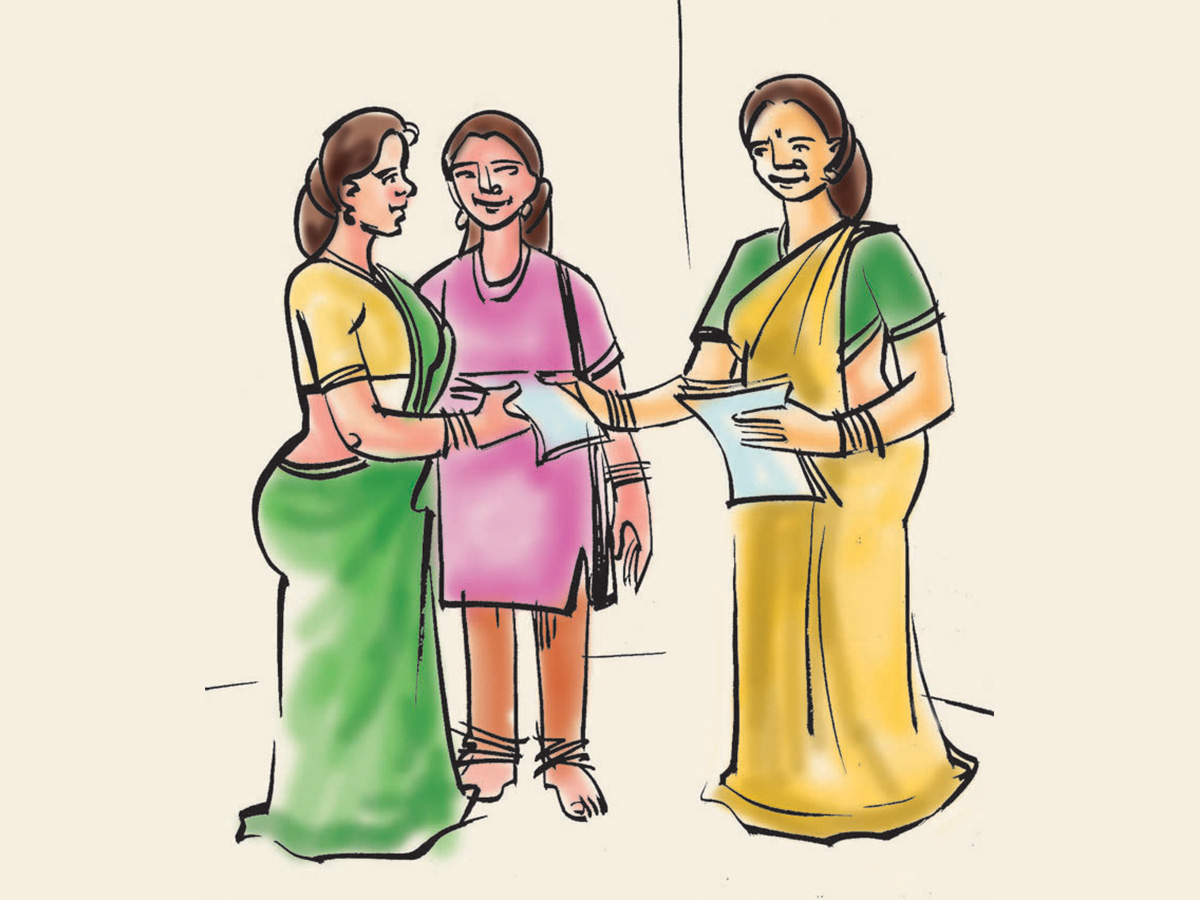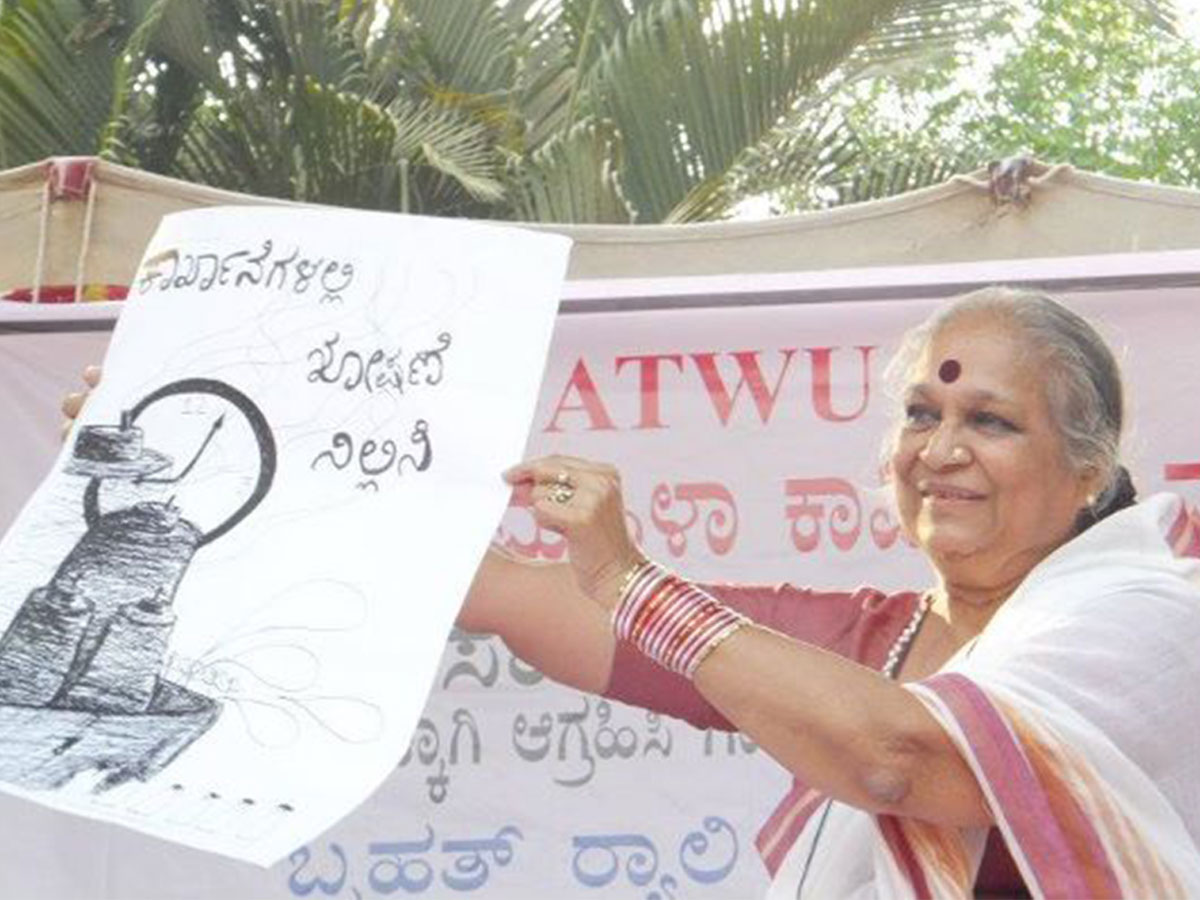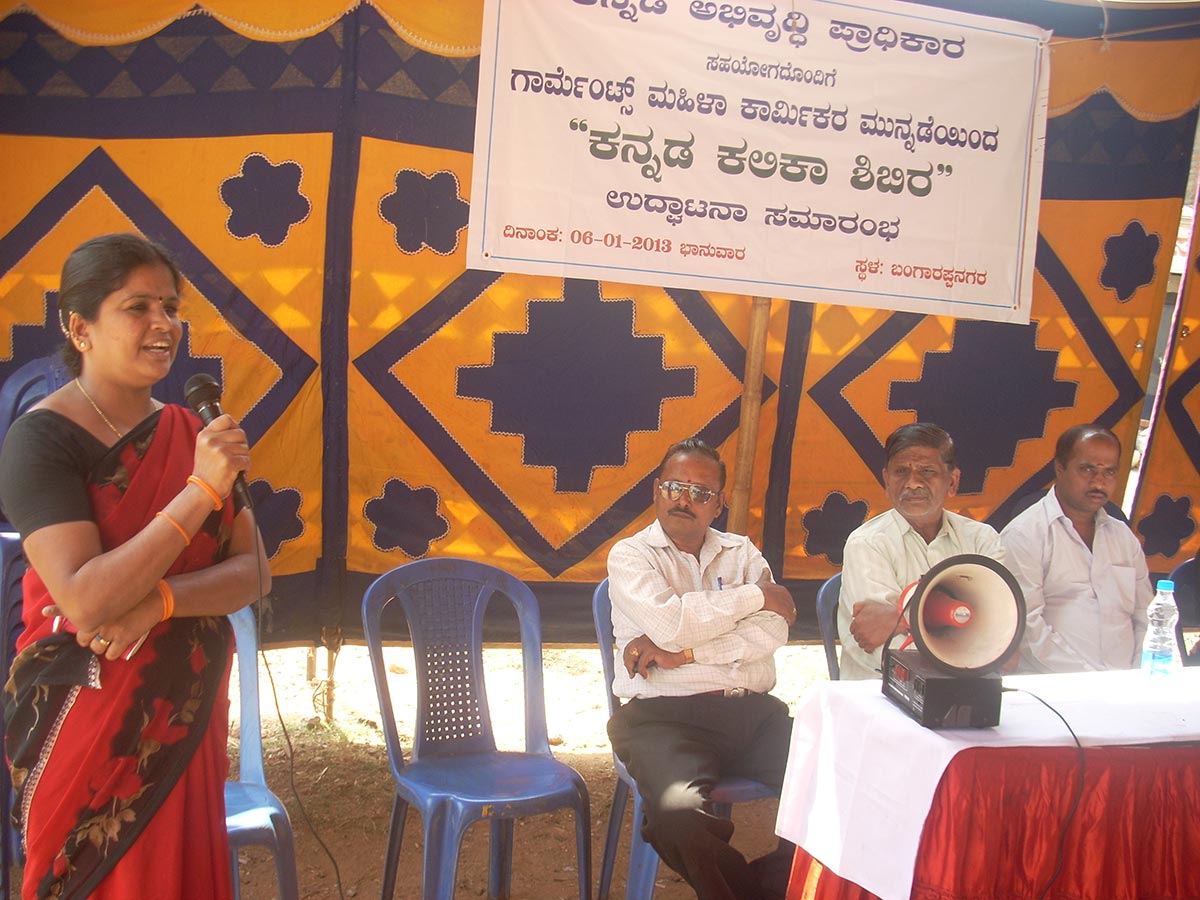About The Contributors
- Home
- About The Contributors
About the contributors
Munnade
From the early 2000s, the garment industry began to grown rapidly in Bengaluru and nearby areas in Karnataka. However, the women workers in the industry were far from being organized. Even though some collectivizing efforts had taken place, they had not been successful. Under such circumstances, some other strategies were necessary to organize the women workers. It was important to see the women not only as factory workers but in a more comprehensive way as women workers, a class in themselves. The work of organizing needed to pay attention to the difficulties and challenges that women face within families and societies as well as in factories.
It is against this background that the Garment Mahila Karmikara Munnade, the first-ever social organization in Karnataka that focused solely on garment workers began in 2004. This was a membership-based organization and undertook its mobilizing efforts in residential areas where garment women workers resided. Munnade addressed issues of domestic violence, educational needs of the children of garment women workers and offered assistance in matters of health and law. Through the creation of self-help groups, it enabled women to access credit during times of need. It also started cultural teams among workers to help them express their creativity.
Munnade’s activities also involved dissemination of information relevant to workers such as on workers’ rights, women’s rights and human rights. This it did through training programmes and workshops, newsletters such as Suji-Dara and pamphlets, and working with news media. When cases of violence and oppression against women workers came to light, Munnade undertook protests, submitted memorandums and petitions to entities such as departments such as labour, women and child welfare and women’s commission. Through such continuous engagement with different wings of the state, Munnade was able to draw the attention of officials and politicians to the exploitative working conditions within garment factories, and the limited life opportunities offered by garment work.
At a time when it was extremely difficult to bring garment women workers together to build a union, activities undertaken by Munnade provided a platform for women to come together outside of the space of the factory. Even though Munnade did not work as a union, it opened women workers to the idea of a union and of the necessity and advantages of collectivization. It has worked to build confidence among women workers that it is their contribution to earning foreign exchange that has been crucial to creating wealth for the nation and its development goals.
Munnade has worked without any monetary assistance from corporates or institutions for undertaking its daily activities. Where it has not been able to address issues, it has helped women workers by referring them to other organization that could assist them. Munnade has a diverse array of individuals such as progressive activists, artists and thinkers who have supported it through voluntary contributions and moral support.
GATWU
It is through the collectivizing activities undertaken as part of Munnade that the importance and necessity of a union became apparent. The Garment and Textile Workers’ Union (GATWU) was thus formed in 2006 and is registered under the Trade Union Act.
The objectives of GATWU are as follows:
- Organising garment workers at the ground level
- Ensuring that legally-mandated minimum wages are paid to workers and that workers are able to work in torture-free environments
- Representing workers in various forums, including with governments, factory owners and transnational apparel corporations
According to the union’s bylaws, elections are held every three years to elect a 13-member executive committee. This committee in turn nominates a 7-member sub-committee to oversee the daily activities of the union. Apart from the president, all other members of the committee are garment workers.
Since 2006, GATWU has been fighting to achieving its stated objectives. Its area of work has included fighting to increase minimum wages for workers, ensuring dignity of work and working conditions on the shopfloor, advocating for better security of tenure for garment workers and being vigilant about any violations of law that harm the interests of garment workers. Finally, it has played a leading role in getting transnational apparel corporations to recognize their responsibilities towards garment workers.
People behind the project
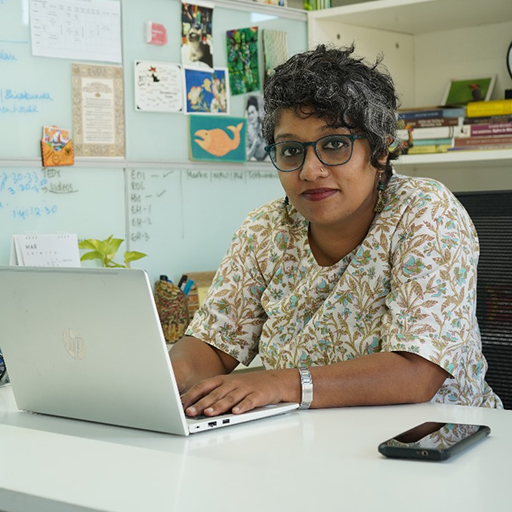
Swathi Shivanand
Prathibha.R
Prathibha R is currently the president of Garment and Textile Workers’ Union. She worked in a garment factory between the years 1996 and 2000 and has since 2002 been involved in organizing garment women workers. She has been associated with both GATWU and Munnade since their founding days.
Prathibha has a masters in Kannada literature and in Women’s studies. She completed her PhD from Akkamahadevi University on the topic of Women’s work in the context of globalization, with specific reference to the garment industry. She is the external committee member of the Prevention of Sexual Harassment Committee of both labour department and construction welfare board. She is also part of a committee constituted by the government to deliberate and recommend on the need for menstrual leave.
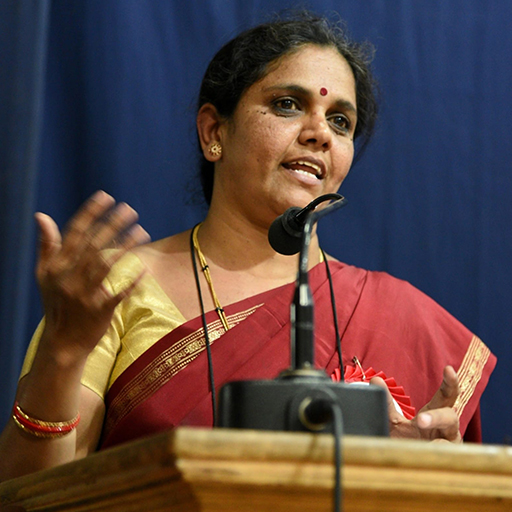

The Garment Workers Archive Project is a foundation Project implemented by India Foundation for the Arts (IFA) under the Project 560 programme, made possible with support from BNP Paribas India.
Quick Links
© 2026 Garment Workers Archive. All Rights Reserved. Designed and Developed by Verve Media.

